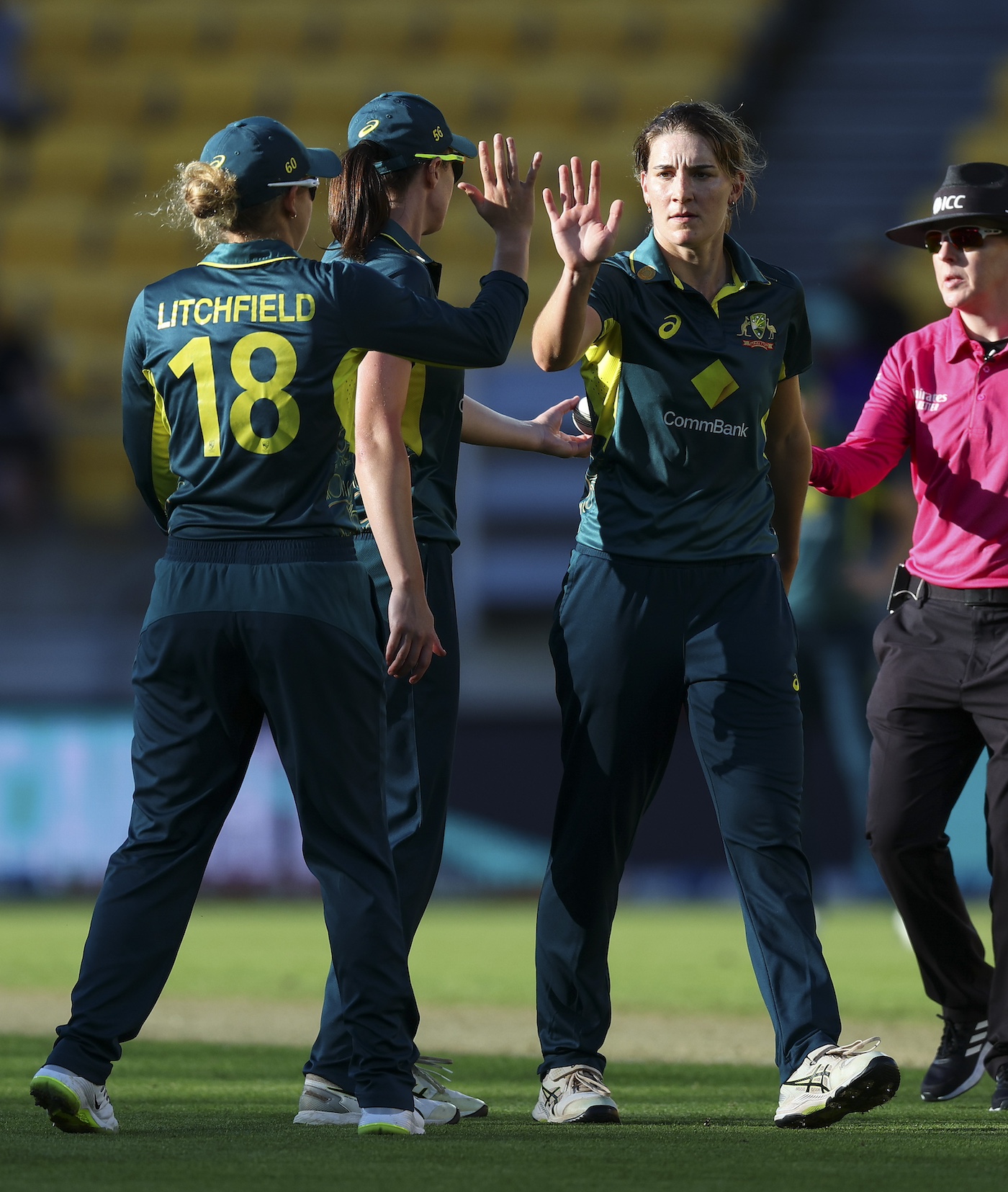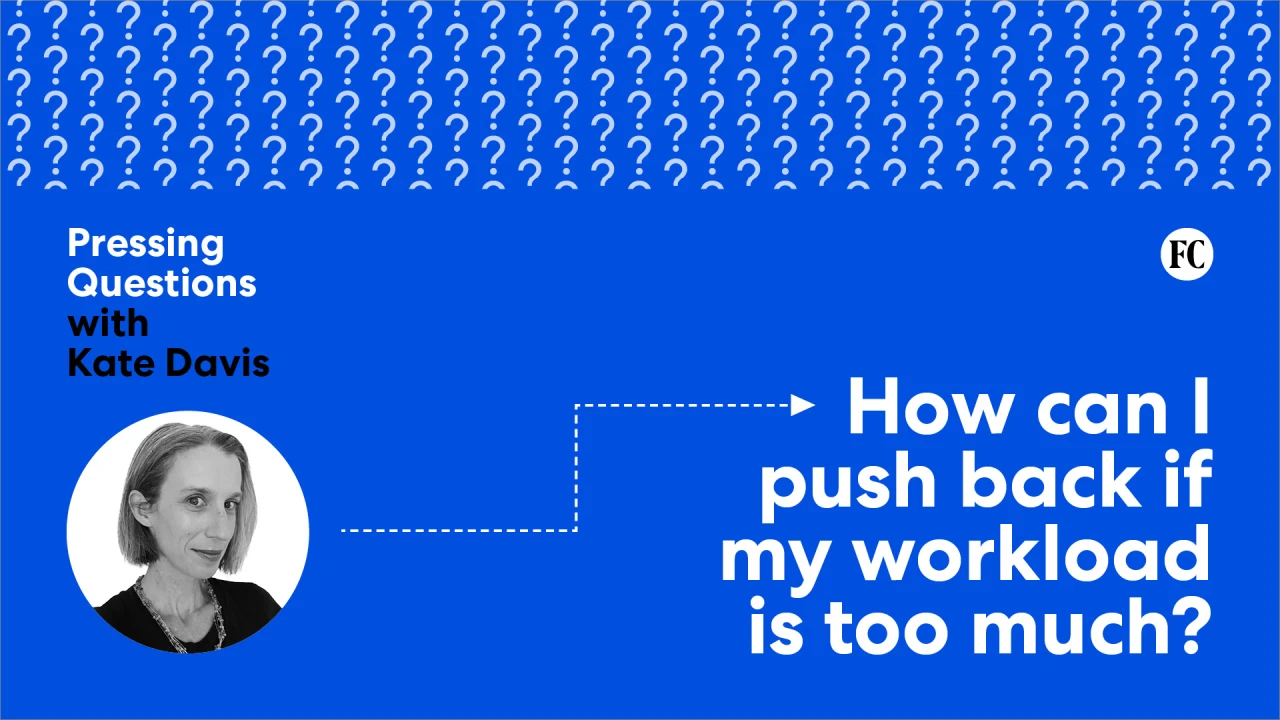Why leaders should prioritize outcomes over hours

When I entered the workforce, I remember trying to appear constantly available to my bosses. It was the height of hustle culture, back when phrases like “I’ll sleep when I’m dead” actually sounded cool. Prioritizing work above all else felt like a prerequisite for climbing the corporate ladder. It was also a fast-track to burnout.
Now, as the CEO of my own company, I appreciate when employees and candidates are honest about their boundaries. To me, it signals a well-rounded person who is more likely to thrive and stick around. I’m more interested in how they think, whether they’re solution-oriented, and what kind of energy they bring to the team.
For a long time, putting in more hours was the unspoken rule for proving your commitment to your job. But that’s changing. Today’s workplace increasingly values outcomes over hours. The “always-on” era is giving way to something very different. Employees are prioritizing a holistic sense of well-being, and I think that’s a positive shift for individuals and organizations alike. Here’s why.
Looking busy doesn’t equal productivity
The “rocks, pebbles, and sand” metaphor is a useful way to rethink how we measure productivity, for ourselves and for our teams. The rocks are the priorities: the high-impact tasks that inspire employees and energize them. For me, the rocks are writing and strategizing how to simplify our users’ lives through automation. The sand, on the other hand, is the low-value busywork—those draining tasks that clutter the day without moving the needle. Think: expense reports, invoicing, unnecessary meetings, or chasing status updates.
It’s easier than ever to fill our calendars with sand and convince ourselves we’re being productive. But when our teams are overloaded with the trivial—the sand—there’s no room left for meaningful work.
Leaders are tasked with protecting time for the rocks, in our own schedules and across organizations. That means setting an example about clearly and regularly outlining priorities, encouraging employees to streamline or eliminate busywork, and valuing outcomes over hours. Just because someone is still online at 6:30 p.m. doesn’t mean they’re being effective. And just because someone has to cut out early doesn’t mean they haven’t had a productive day.
Create a culture that values deep and smart work, and you’ll see not only better results but also more energized employees.
Focusing on outcomes encourages efficiency
Constraints often spark creativity. Deadlines, for example, force us to figure out the most efficient way to get something done. If you’ve ever pulled off a last-minute project under the gun and surprised yourself with how quickly you accomplished it, you know the power of time pressure. You might have even thought afterward: If only I could always work with that kind of momentum.
By contrast, when organizations focus on hours worked, with face-time requirements and mandating that employees be “on” for a certain number of hours each day, tasks tend to expand to fill the time available. That’s the antithesis of true productivity.
Consider law firms, where clients are billed by the hour. Lawyers must track every minute of their day. Those who work quickly and efficiently are often penalized, with fewer hours to bill. It’s a system that rewards time spent over value delivered.
When leaders shift the focus to outcomes, employees are naturally motivated to work smarter, not longer. This requires setting clear expectations for what success looks like on a project or task, beyond just the time spent.
As Georgia Dawson, senior partner at global law firm Freshfields Bruckhaus Deringer, puts it: “It would be ideal for the industry if we can start to move toward more of a focus on outputs and the value that is being delivered by lawyers. That supports a drive toward efficiency, a drive toward the use of technology, and it can help to support a better focus on mental health, well-being, and diversity in the profession as well.”
The same logic applies beyond law. Outcome-oriented environments lead to smarter work, better tools, and healthier teams.
An output-focused culture resonates with Gen Z
Recent research from Deloitte shows that younger generations, especially Gen Z, highly value flexibility in when, where, and how they work. But many aren’t experiencing that flexibility in practice. Instead, they report high levels of anxiety about work-life balance, with long hours being a significant contributor to that stress.
Adopting a more outcome-focused approach helps bridge that gap. When employees are trusted to deliver results rather than log hours, they gain the autonomy to structure their schedules around their lives. That flexibility supports higher levels of well-being, stronger performance, and boosted engagement. It creates the kind of work atmosphere that younger employees gravitate toward.
I’ve seen firsthand how Gen Z thrives with more flexibility, and it benefits our company too. They’re tech-savvy and automation-minded. Give them a goal, and they’ll often find faster, smarter ways to achieve it. When leaders focus on outcomes instead of hours, they unlock that productivity potential.
What's Your Reaction?
 Like
0
Like
0
 Dislike
0
Dislike
0
 Love
0
Love
0
 Funny
0
Funny
0
 Angry
0
Angry
0
 Sad
0
Sad
0
 Wow
0
Wow
0






























































































